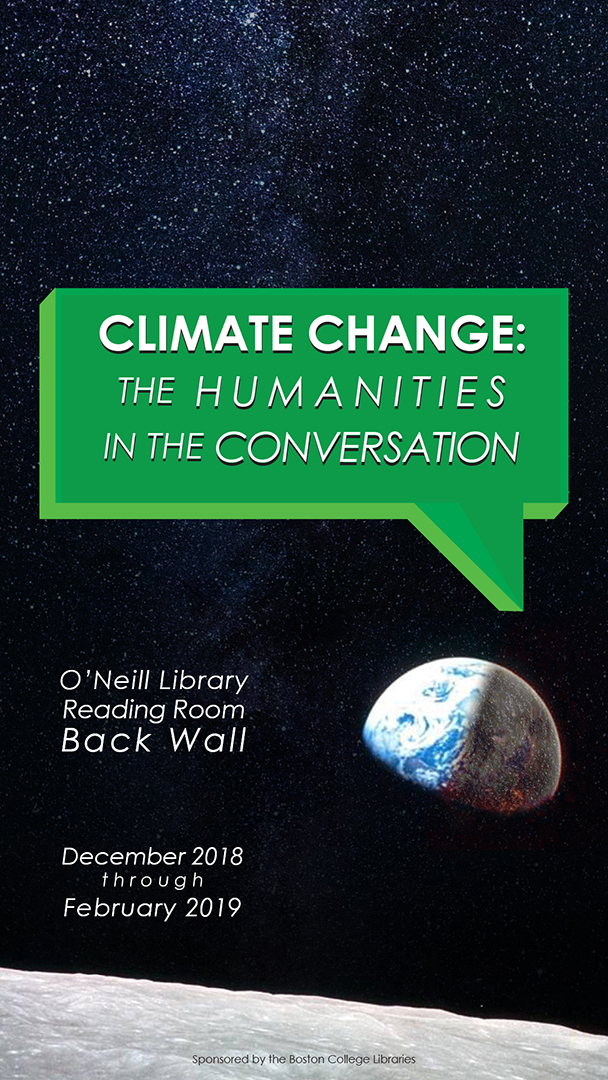Climate change is often viewed as a concern limited to scientists and social scientists. Now, however, it is increasingly recognized as a focus of interest for the Humanities. As the impact of rising sea-levels, higher temperatures, increased or decreased rainfall, intensified storm activity and other changes are felt, humanists are called (and called upon) to help us understand and respond. How will the humanities provide a framework for responding to the challenges of climate change?
Some of the concerns anticipated with climate change include:
- Rising sea level disproportionately impacts disadvantaged populations, causing displacement and migration. Coastal erosion affects lifestyles and livelihoods.
- Higher temperatures and changes in precipitation patterns associated with climate change create public health issues, from direct mortality due to extreme heat events, to new patterns of disease and spread of harmful organisms (ticks, mosquitoes, jellyfish, algae) as favorable environments expand, and potable water scarcity.
- Expected expansion of drought conditions will add to inequitable availability and distribution of food, putting more at risk of starvation. How will those who are more fortunate address this? How will we feed everyone?
- Beyond the human cost, choices we make are resulting in what is now termed the Sixth Mass Extinction event. In addition to decrease in habitat due to human actions, warming temperatures are affecting distribution ranges and bringing formerly separate species into conflict and competition.
How can you help?
- Vote. Vote for candidates who recognize climate change and the urgency of the issues.
- Support advocacy efforts. There are many organizations working to support legislation and preparedness actions.
- Talk with others and work with others on the issues (EcoPledge and The Office of Sustainabilty at Boston College are two options for engagement on campus).
- Take personal action. Drive less/use more public transit. Eat less meat. Turn down the heat.

